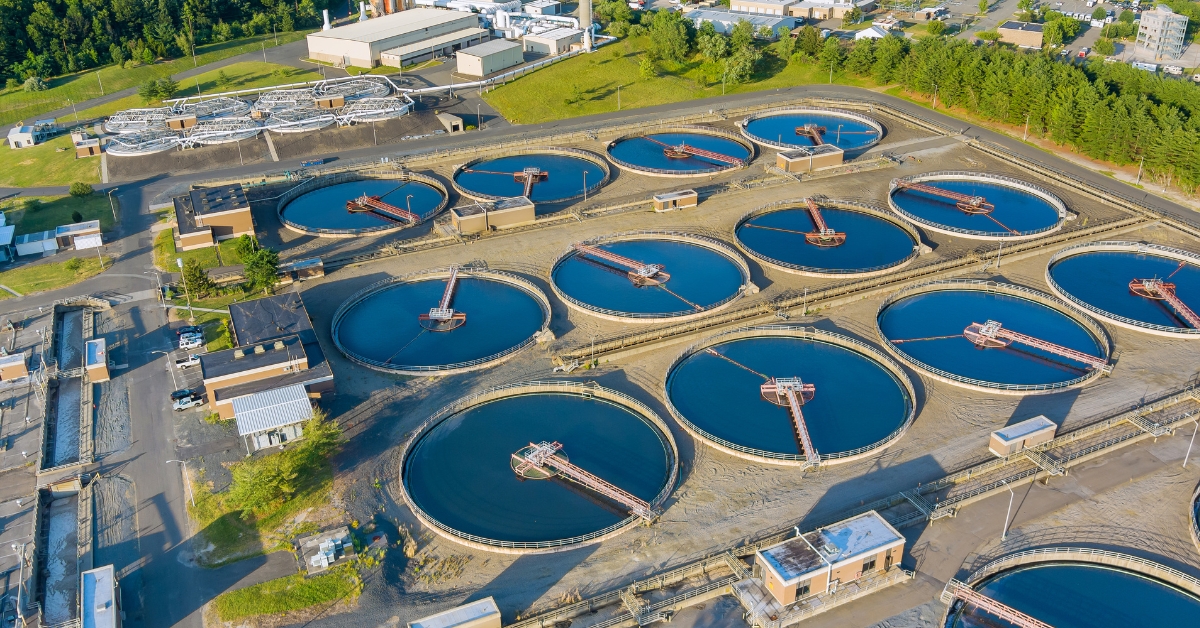
Auto Dealers Again Urge Biden to Reconsider EPA’s Stringent Emission Standards
In a recent letter, over 4,700 U.S. auto dealerships urged President Joe Biden to halt the EPA’s implementation of stricter vehicle-pollution standards, which is a clear indication of the growing frustration within the automotive industry towards the administration’s aggressive climate change policies. This collective pushback comes at a critical juncture as the EPA is poised to finalize its proposal for the strictest-ever tailpipe emissions limits, initially proposed last April. The auto dealerships’ letter follows a letter they sent last fall to Biden on the same subject; Biden did not respond to the earlier letter.
It is evident that the Biden administration’s focus on combating climate change, with ambitious goals like cutting domestic greenhouse gas emissions in half by 2030, is clashing with the practical realities of the auto industry. The EPA’s proposed regulations, aiming for two-thirds of new vehicles sold in the U.S. to be electric by 2032, are seen as overreaching and unrealistic by many in the industry. This sentiment is reflected in the auto dealers’ recent letter to President Biden, marking their second plea for reconsideration of these regulations within two months.
The growing concern among auto dealers is not just about meeting these stringent goals but also about the broader impact on the industry and consumers. The dealerships argue that the supply of electric vehicles (EVs) currently outstrips the demand, indicating a slower-than-anticipated adoption of EVs. They point to an inadequate charging infrastructure and insufficient consumer demand as key barriers to the proposed electric vehicle mandate. Moreover, the financial viability and practicality of rapidly transitioning to an all-electric vehicle market remain significant concerns.
While the Biden administration and EPA argue that these regulations are crucial for addressing climate change and health concerns related to pollution, the auto industry contends that the approach is too heavy-handed and lacks consideration for the current state of the market. They argue that the regulations fail to acknowledge the limitations and constraints of the current EV market, including the availability and affordability of EVs for the average consumer.
The clash between the Biden administration’s environmental aspirations and the auto industry’s capabilities underscores a broader tension in U.S. policy-making. This tension is particularly pronounced in sectors like the automotive industry, where the transition to cleaner technologies is challenging.
As the debate continues, it is clear that the Biden administration needs to back off of its radical goals. The auto industry’s pushback against the EPA’s proposed regulations is a reminder that policy decisions must be made with a clear understanding of their broader implications, especially in sectors critical to the economy.














